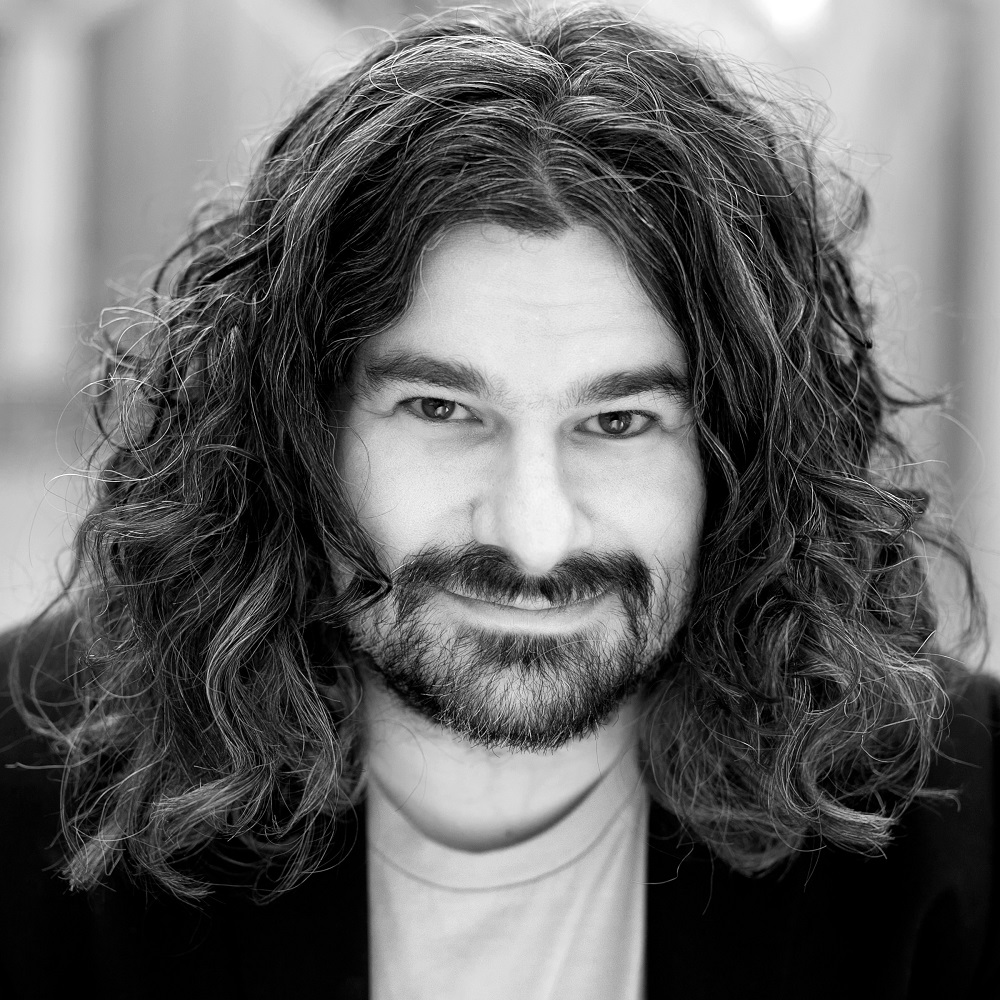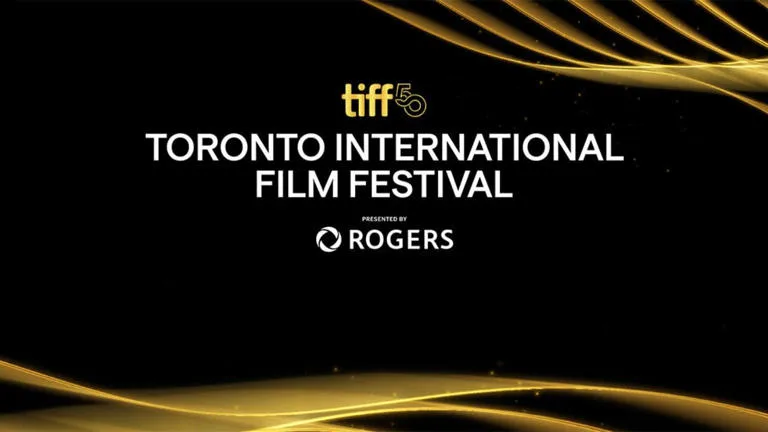As the volunteer-celebrating ad reminded filmgoers before each screening, this year’s organizers really tried to make TIFFTY a thing. Marking the 50th iteration of this storied event, the lead-up to this year’s slate included a personally curated list of 50 films that helped defined the fest over the decades, spanning from its first half as the “Festival of Festivals,” through to its glory days at the unimpeachable leader of the fall festival season, right through to the challenges and successes that mark its current form.
The last few years in particular have seen some headwinds, and back in 2023, it looked like things were slipping away quickly. Last year showed signs of a recovery of sorts, and when the year wrapped and the major awards were bestowed, over half of the Best Picture nominees could be seen as part of TIFF’s slate, a factor that has, for the last few decades, helped set the level of prestige for the programming.
For the last few years, the People’s Choice Award has shifted away from smaller titles like “Tsotsi” and “Whale Rider” and has instead been lauded as one of the major Oscar predictors. Last year’s recipient, “Life of Chuck,” bounced by Neon to the Summer of 2025 in favor of amplifying “Anora”’s (successful) push; this year saw a bit of a reshuffle by TIFF organizers. The choice was made to add the “International People’s Choice” for a second kick at the can. Chloé Zhao’s Telluride-debuting “Hamnet” was the “regular” People’s fave, while Park Chan-wook’s Venice title “No Other Choice” took home the newly minted international prize.
Democracy doesn’t always lead to the best of things, as this Canadian can attest, regarding the dramatic effects of electoral decisions South of our border. However, I’m not churlish enough to begrudge what audiences pick that’s not to my personal taste. I’m one of that rare, likely risible breed for whom “Hamnet” absolutely, positively did not work, and pre-screening breathing exercises be damned, I found it full of nothing but hot air. The performances, the script, and the integration of Shakespeare—it all felt overwrought, over-indulgent, minute after minute of misery porn mixed with a dash of witchy mysticism masquerading as heightened drama.
I was more satisfied with “No Other Choice,” which may be faint praise indeed, and while some of it worked a charm, I felt it lingered too long unnecessarily, and the scattershot nature of its script belied its many production starts and restarts that I felt while watching long before I learned about it after the screening.
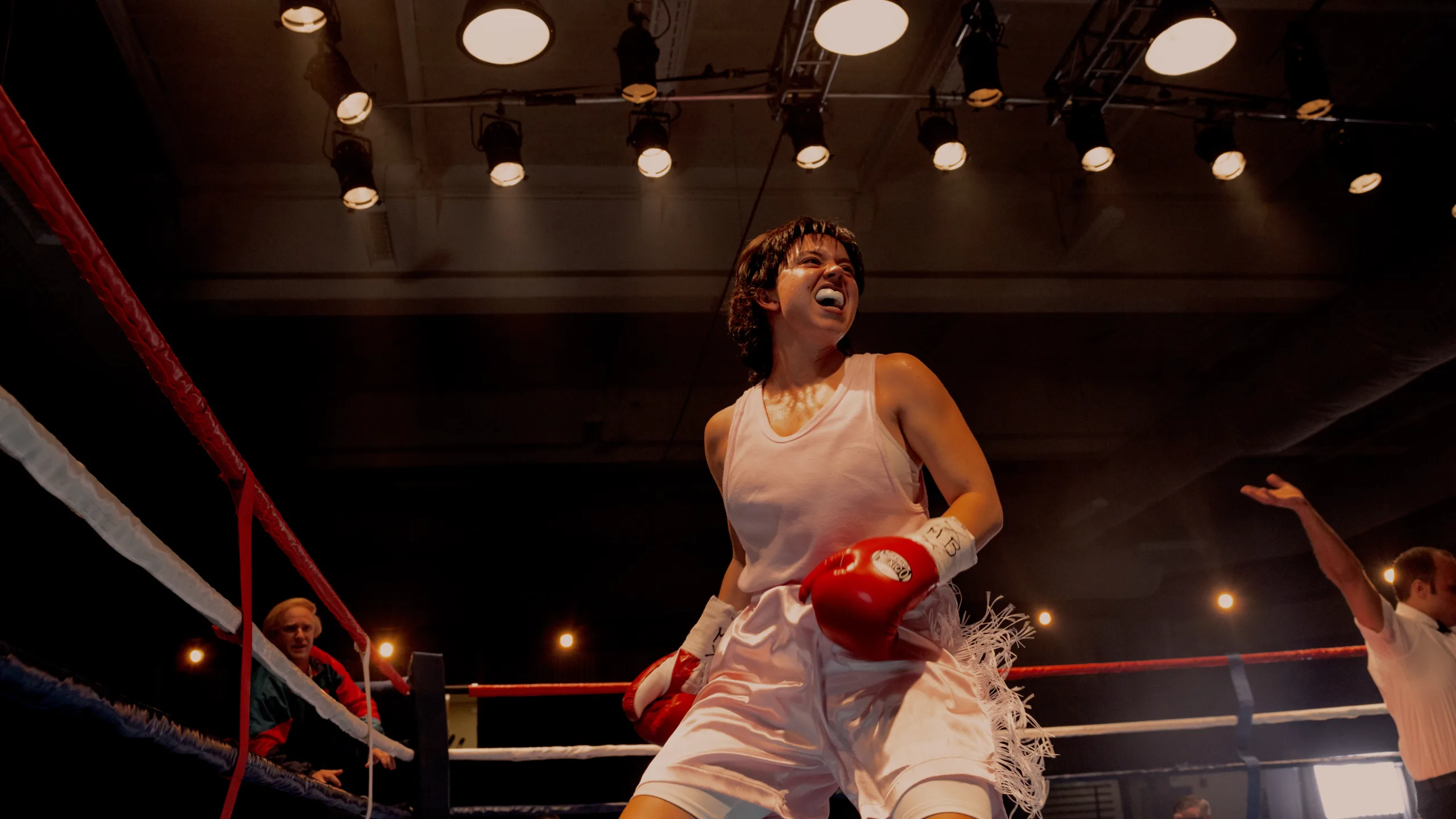
On the other hand, there’s a title like “Christy,” with a stunning turn by Sydney Sweeney, that worked for me in ways that others seem to have been put off by. As a huge fan of David Michôd’s acid masterwork “Animal Kingdom,” I was delighted to see a bit of his penchant for taking things to the limit. Given that “Raging Bull” so dominated the ring for this kind of Boxing biopic with an edge, it’s a credit to all involved that the sweeping yet never showy photography, the nuanced performances, and the tonal swings are all accomplished in ways that at least stand its ground against such legendary competition.
Toronto-born Daniel Roher, best known for his Oscar-winning “Navalny,” set his sights on a high-concept thriller “Tuner,” gifting local audiences with another World Premiere that stands above much of the slate. Anchored by a quiet yet compelling performance by Leo Woodall, the film gives a lovely late-career showcase to Dustin Hoffman. Havana Rose Liu makes the most out of a challenging part, while Lior Raz shines as a mercurial security consultant unafraid to screw those who have been hired to be protected. The mix of genre elements is a delight, and the jazzy score, fast pace, and strong performances make much of the film sing.
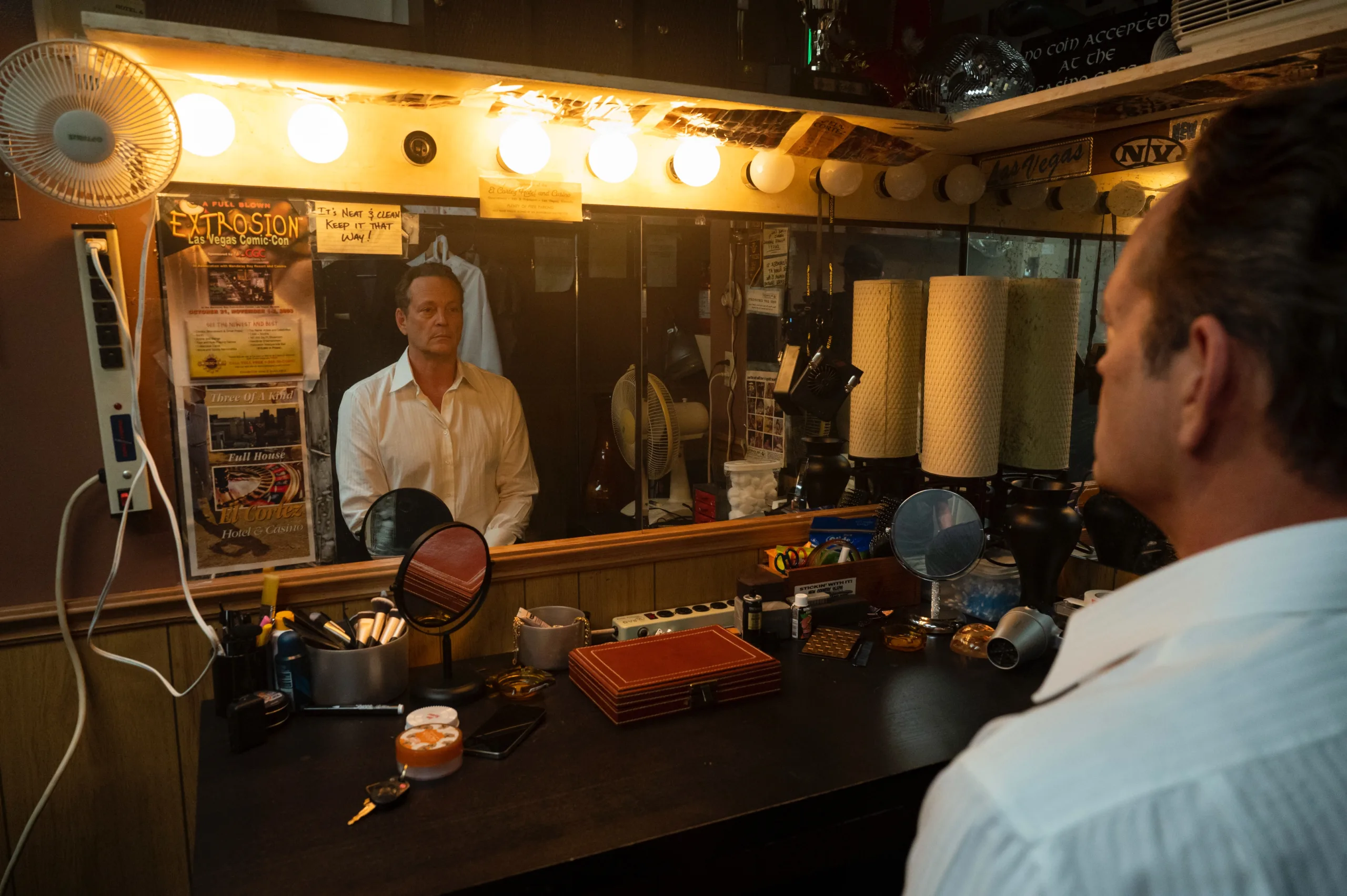
The same cannot be said for “Easy’s Waltz,” Nic Pizzolatto’s Vegas-set story of a lounge singer set to finally make his bones. Like “Tuner,” there’s another legend at play here, and there’s implicit joy in watching Al Pacino do his stuff, even if it’s clear his newly chosen mode of acting is to read from an autocue while ensconced in a well-padded chair. Vince Vaughn is charming and looks the part walking the Strip, yet it’s his singing that’s not up to snuff, making ridiculous the very notion that somehow this is the guy that’s set to become a giant star in the grand rooms of the Wynn.
If there was a film that deserved more love than it seems to have gotten, it’s Anders Thomas Jensen’s “The Last Viking.” The film threads a very fine needle, and Mads Mikkelsen’s role easily could have descended into awkward farce. Yet the swings between silly and somber are done as deftly as one could hope, and the partnership with Nikolaj Lie Kaas continues to pay dividends.
I had no more joy towards the end of the fest than being treated to the head-punching mayhem of Kenji Tanigaki’s “The Furious,” a ridiculously fun modern action film set “somewhere in South Asia,” making the mix of fighting styles extraordinary, and allowing legends of the contemporary scene from China, Indonesia, Thailand and elsewhere a shared canvas on which to practice their martial arts.
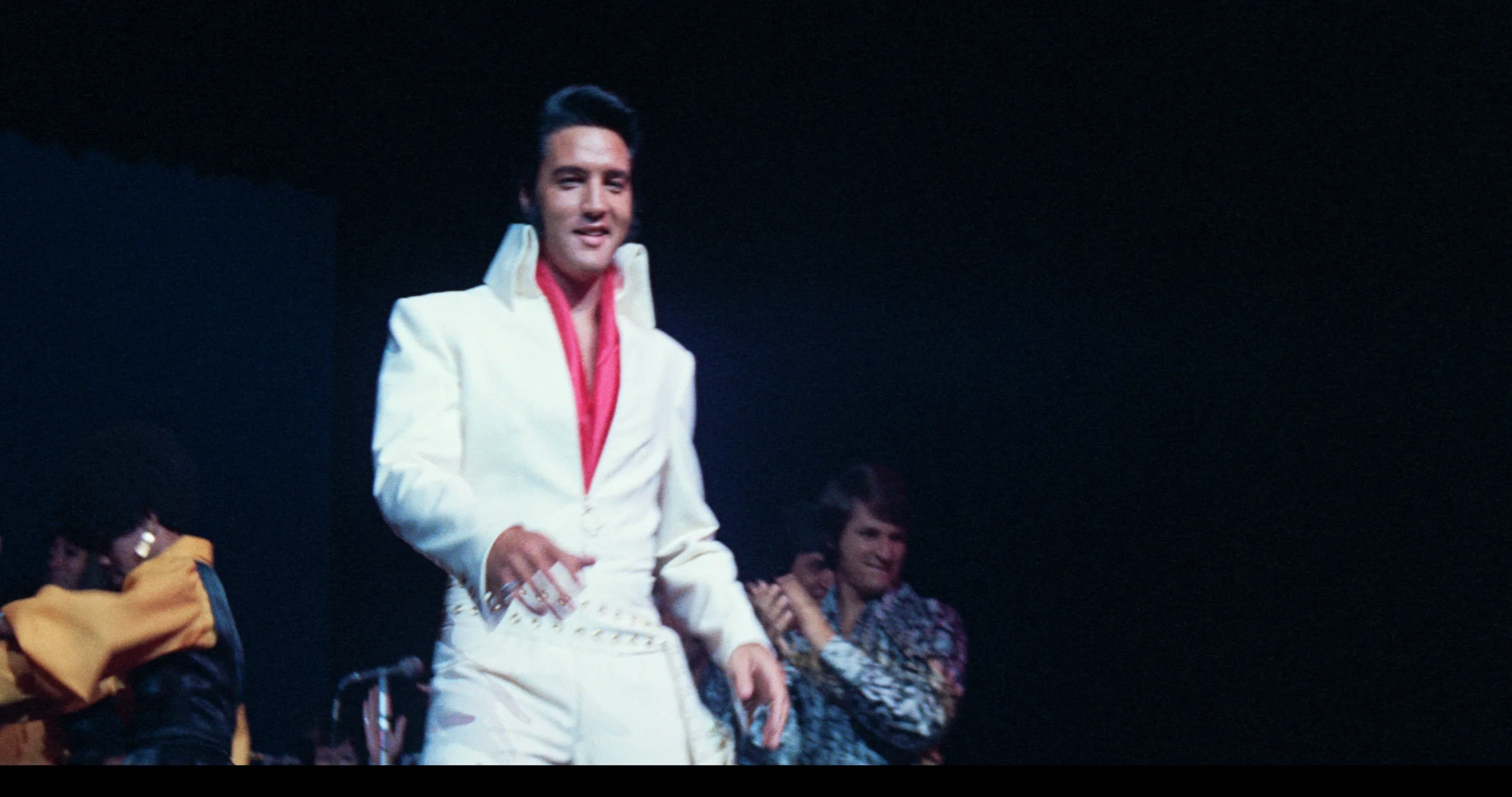
Docs, as always, were the source of delight, and few films were received as ecstatically as Baz Luhrmann’s exceptional “EPIC: Elvis Presley In Concert.” A stunning assemblage that helps rewrite the legacy of the King, given the inclusion of unheard interview material, it’s a joyful celebration of his Vegas residency, and above all, an unfiltered look at the man’s musicality in ways that have rarely been shown before. Just as Peter Jackson’s “Get Back” helped shift the way a particular part of history was understood, so too are the late career antics of Presley recontextualized in powerful ways by buttressing seemingly disparate elements together to craft a new whole.
“Whistle” works like a real-life Christopher Guest film, taking the competitive tropes of many a work of non-fiction and giving it a blackly comical edge. “The Balloonists” details an epic journey, learning as much about the individuals drawn to such an endeavor as to the flight itself. “A Life Illuminated” is a treasure, highlighting the remarkable career of an underwater scientist who is finally given a chance in the spotlight herself. And “You Had to Be There,” the tale of the Toronto cast of Godspell and how this band of misfits helped change comedic and musical culture for generations, was an absolute treat.
Much can be written about what transpired around the programming (and then rejection … and then re-acceptance) of Barry Avrich’s film “The Road Between Us,” the story of a father seeking to rescue his son and family after a terrorist attack, and I’ve elsewhere spilled out thousands of words and made multiple media appearances discussing the subject, including an extensive interview with the filmmaker and his subject that was forced to take place at another location after credible death threats were made.
Suffice it to say, the handling of this title was the biggest debacle of the entire festival, resulting in public apologies from Cameron Bailey, mass demonstrations from those who hadn’t seen the film before dismissing it, etc. Given last year’s equally egregious disruption of the “Russians at War” screenings and other titles pulled at the last minute, or not programmed due to reasons other than the caliber of the film, these titles expose a real challenge for a festival that has set itself as an exemplar for a particular mode of programming.

From its inception five decades ago, Toronto’s slate has been home to films from a myriad of perspectives, and the very notion of the audience making a decision of the best of fest makes clear that this is meant to be a place where many gather from multiple walks of life to express themselves. The programmers have a duty, perhaps a unique one given its claim to be the world’s largest public film festival, to select films in a wide rather than a narrow way.
Of course, the fact that this film went on to win the big prize does nothing to decalcify already entrenched views on the matter. Yet whatever your politics, it’s a time to encourage bravery from festivals to showcase differing views, provided they come from an honest place of exchange rather than blind hatred, and to encourage those to take chances on experiencing perspectives far outside one’s own in order to broaden their horizons and at least engage honestly, no matter one’s proclivities.
Canada lacks the same radical freedom of speech laws in comparison to our neighbors to the south, our charter protecting people from hate speech and other weaponizations of rhetoric. Yet as this circumstance has illuminated, there’s a cautiousness that’s equally endemic here, a kind of political politeness that makes it easier to avoid any confrontation rather than to demand space for differing points of view to be handled respectfully. The space of a film festival should be home for many perspectives (no, not all), but above all, it should not be sanitized and siphoned to only allow the agreed-upon narratives to be showcased.
The best films from the last five decades have been provocative, whether they be the long legacy of films that have helped bring to the international stage the appalling history of this Nation’s treatment of First Nations individuals, through to the many minority communities throughout this city and around the country that have been amplified through brave programming choices pushing audience assumptions aside and pushing for a wider range of voices to be heard.
The handling of this particular title is a turning point for TIFF in its next half century, and the results of the handling of this, as sloppy as it was (requiring, it should be noted, the story to be leaked to an American outlet before it was ever truly news up here), may well see a major restructuring of the entire organization to reflect the wider audience expectations better, and course correct away from some of the overt and subtle missteps that have characterized the festival over the last few years. Real change will require an understanding of what actually happened, not simply applying a band-aid to the situation and pretending there aren’t systemic issues that allowed such a debacle to occur, and how this decision is tied to similar moves in the recent past.
This is a festival that I desperately wish to see flourish, one that is the heart of my entire cinemagoing year. This is an annual selection of films that has nourished me for more than half of my own life, and I wish from the bottom of my being that it will continue to do so. This is a year where I got to spend time in a Criterion closet, had the joy of nerding out with Victor Garber and Paul Shaffer, chatted with Baz Luhrmann about “Jesus Christ Superstar”, and got a chance to see Guillermo Del Toro fulfill a childhood dream. I got to be thrilled by the latest “Knives Out” and even walked a priest over to the after party, talking about religion and movies and our shared love of cinema coming from radically different perspectives.
It’s also a festival where I received messages of hate, where I left the screening of “Nuremberg,” with its numerous images of Jewish bodies stacked like wood, only to run into protestors on the street calling for Jews to go back to Europe. I bring this up not to play victim or to solicit sympathy. Instead, I point out that festivals can, in fact, be places that are slightly uncomfortable. I need to be open to perspectives radically different from my own, free to allow others their chance to be heard, provided they reciprocate with respect in return. This is not a simplistic call for a kumbaya sense of togetherness, but a plea to encourage debate.
This is a call for courage, in all its forms, from those at TIFF as it heads into its next half-century. I can only hope the call is heeded.
